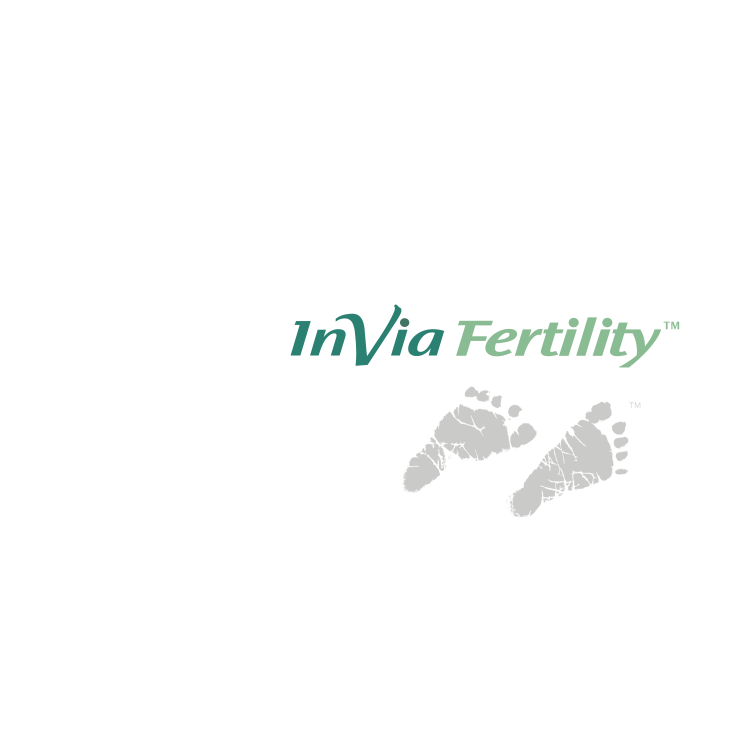What happens if you pay too much?
- If you pay too much, it raises the possibility of undue inducement and exploitation in the oocyte donation process. Women may agree to provide oocytes in response to financial need. High payments could lead some prospective donors to conceal medical information relevant to their own health or that of their biologic offspring.
- Patients undergoing IVF who cannot afford the procedure may, because of the intensity of their desire to have children, consent to share oocytes without careful consideration of risks and burdens. With both types of compensation, there is a possibility that women will discount the physical and emotional risks of oocyte donation out of eagerness to address their financial situations or their infertility problems.
- Financial compensation also could be challenged on grounds that it conflicts with the prevailing belief that gametes should not become products bought and sold in the marketplace.
- Another ethical concern is that payment for oocytes implies that they are property or commodities, and thus devalues human life. Many people believe that payment to individuals for reproductive and other tissues is inconsistent with maintaining important values related to respect for human life and dignity. This view is reflected in state and federal laws prohibiting direct payment to individuals providing organs and tissues for transplantation. Yet such laws generally permit organ and tissue donors to receive reimbursement for expenses and other costs associated with the donation procedure. In the analogous circumstance of biomedical re- search, human subjects exposed to physical and psychologic risks are often reimbursed for expenses. Moreover, they may receive additional payments to compensate for the time and inconvenience associated with study participation. These facts support the compensation of oocyte donors regardless of the ultimate use of the oocytes (e.g., fertility therapy or research).
As payments to women providing oocytes increase in amount, the ethical concerns increase as well. The higher the payment, the greater the possibility that women will discount risks. High payments, particularly for women with specific characteristics, also convey the idea that oocytes are commercial property. Moreover, high payments are disturbing because they could be used to promote the birth of persons with traits deemed socially desirable, which is a form of positive eugenics. Such efforts to enhance offspring are morally troubling because they objectify children rather than assign them intrinsic dignity and worth. Finally, high payments could make donor oocytes available only to the very wealthy.
If you are interested in helping an infertile couple achieve their dreams, please contact InVia Fertility and become an egg donor today!


